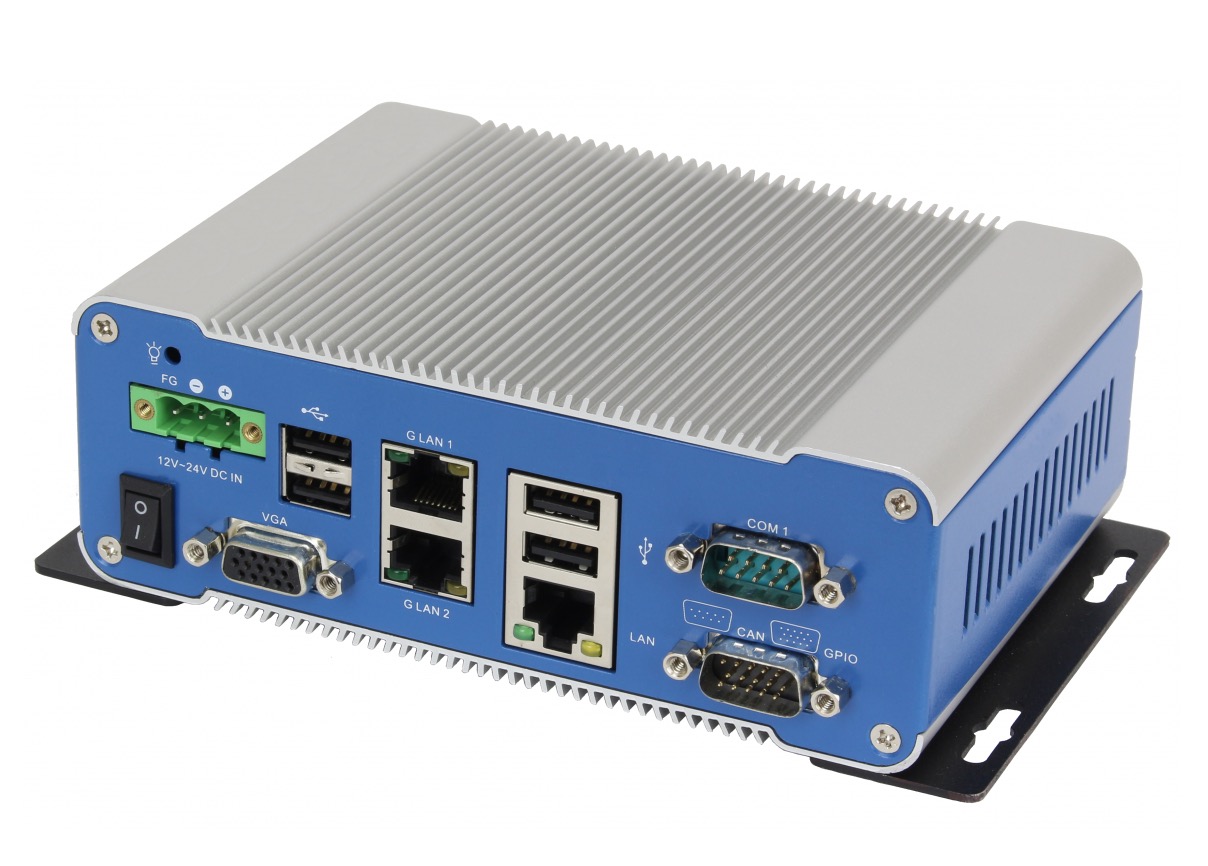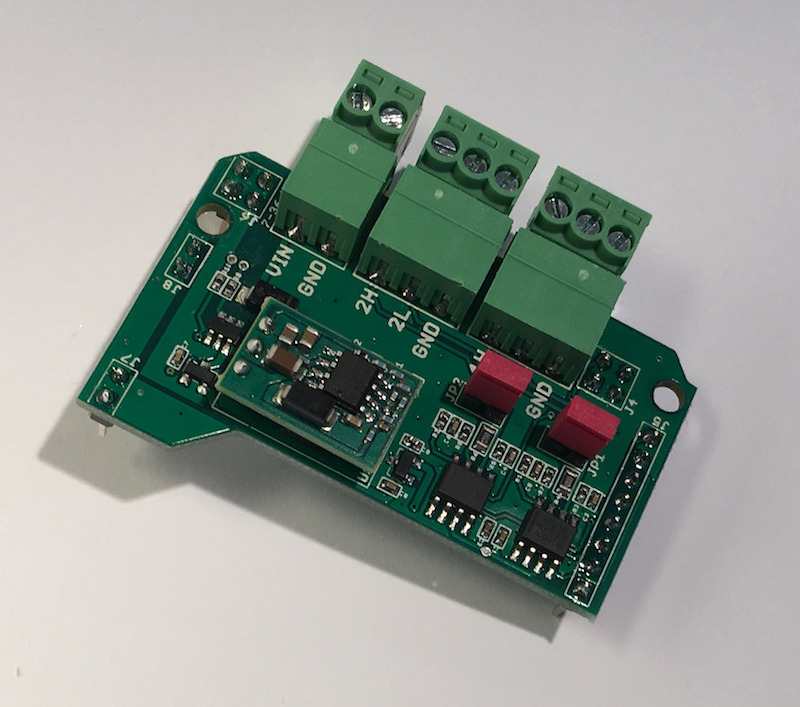Recent Posts
Embedded Box Computer Featuring DMP’s Vortex86DX3 x86 1GHz Processor Plus Optional CAN Bus Interface
Posted by on
The iBPC embedded box computer from iCOP (Taiwan) features a Vortex86DX3 x86 1-GHz processor from DMP, and it is available with an optional CAN Bus interface.
The box PC provides steady computing performance with onboard 2 GiB DDR3 system memory and 2,5-inch Sata HDD or 7-pin Sata DOM with Micro SD for storage. Among other I/O features, the product offers a variant with optional CAN Bus network — furthermore, two Giga LANs, one LAN, one isolated 8-bit GPIO and one 8-bit GPIO, four USBs, three COMs, VGA, LVDS, MIC-in and Audio-out, and one Mini PCI-Express (for 3G/4G module) plus an antenna connector. The fanless product comes with an extended operating environment temperature of -20 ℃ to +70 ℃, and it supports 12 VDC to 24 VDC power input.
Features:
- Vortex86 DX3 1GHz processor
- Onboard 2GB DDR3 System Memory
- 2.5" SATA HDD or 7-pin SATA DOM plus Micro SD
- GbE LAN x 2, 10/100M LAN x 1, isolated GPIO x 1, GPIO x 1, CAN bus, USB x4, COM x3, VGA, LVDS
- Fanless design with -20°C to 70°C operating Environment temperature Support
- 12 to 24V DC power input
Dual CAN Bus Interface For Arduino Due With Extended Power Range
The jCOM.CAN.DUE-X, a dual CAN bus interface for the Arduino Due, is not an Arduino shield in the common sense.
The board incorporates dual CAN transceivers required by the two integrated CAN ports on the Arduino Due while allowing the operation with any Arduino-compatible shield that supports the necessary 3.3 VDC power requirements.
By combining our dual CAN port interface, the Arduino DUE microcontroller, an OBD2 or SAE J1939 cable, and open-source software libraries you are ready to go with powerful a turn-key Arduino-based dual CAN bus solution.
Leverage the 32-bit processing capability of the Arduino DUE plus the built-in CAN ports for your next prototype.
In order to more efficiently serve automotive and industrial applications, the jCOM.CAN.DUE-X board supports an extended input power range of 7 to 36 VDC to power the entire system, i.e. including the Arduino Due itself.
 Loading... Please wait...
Loading... Please wait...


